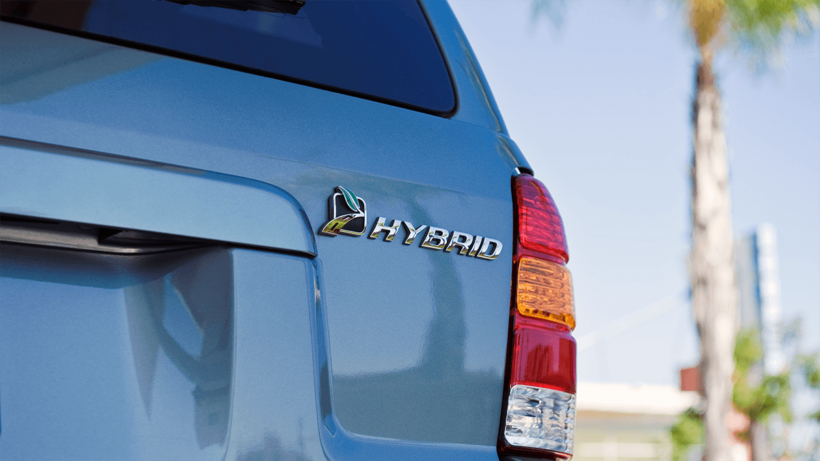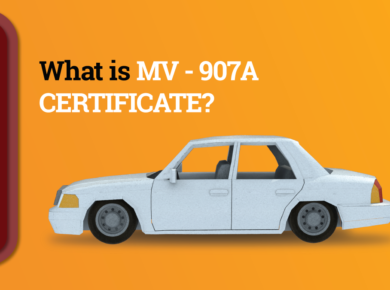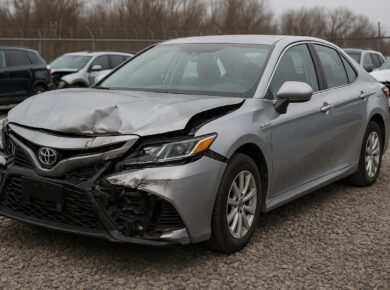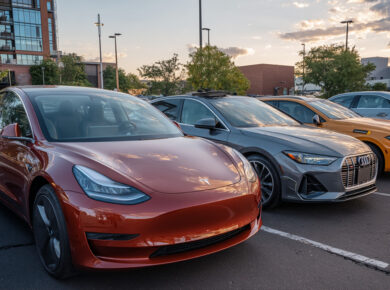Hybrids and alternatively-powered vehicles have revolutionized the automotive industry. Though this idea isn’t new and roots back to the end of the 19th century, hybrids and battery-powered cars have regained their popularity only two decades ago. The emergence of the Toyota Prius, the world’s most demanded hybrid, contributed to the quick upheaval on the market and the development of more sophisticated models.
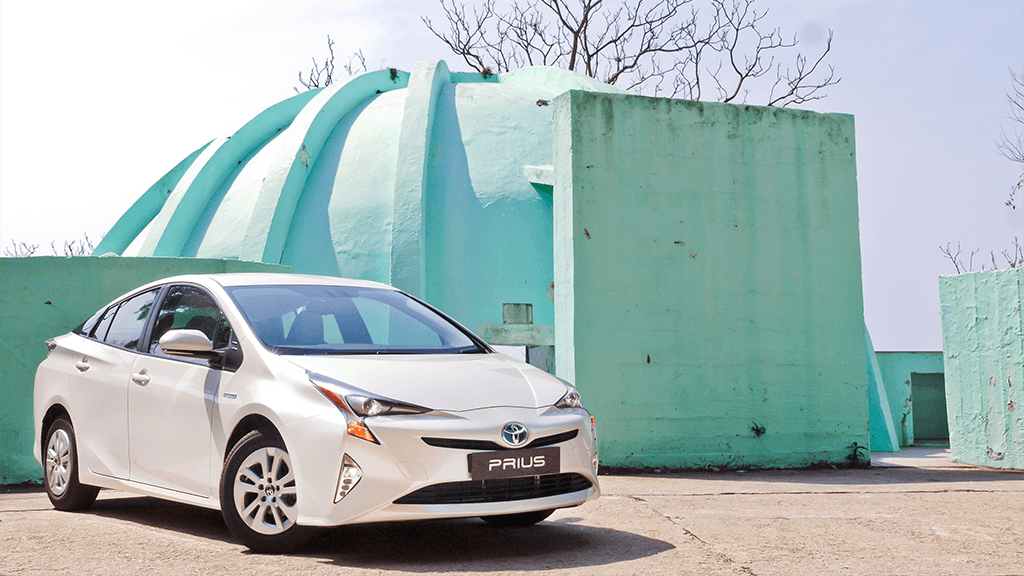
Now, almost all manufacturers, including premium and ultra-luxurious brands, have at least a single hybrid in their lineups or are working on one. With tons of options on the market, those buying used hybrids usually look for enhanced efficiency and impressive mileage, but may forget about other important details. Here, we’re telling you how to buy a used hybrid car or a fully-electric vehicle without stress.
Consider Changes in Your Lifestyle Before Buying A Used Hybrid
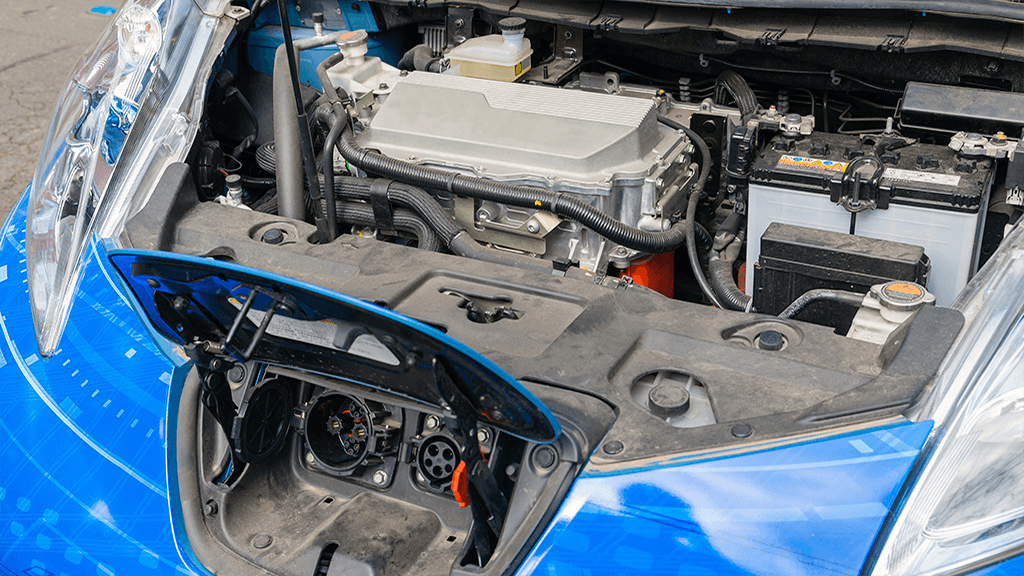
First off, you’ll have to put your thinking cap on and decide what kind of a vehicle you’d like to drive. There are BEVs, PHEVs, ZEVs, and some other types, which we’ve already covered in our previous blog posts. The main differences lay in their drivetrain and the absence (or presence) of an ‘usual’ internal combustion engine. Having said that, we recommend doing your homework and setting your mind on the most favorable type suitable for your needs.
Secondly, you’ll need to weigh all the pros and cons of such motoring. No matter their type and age, hybrids and EVs have proven to be more efficient and less noisy than their gas-powered counterparts.
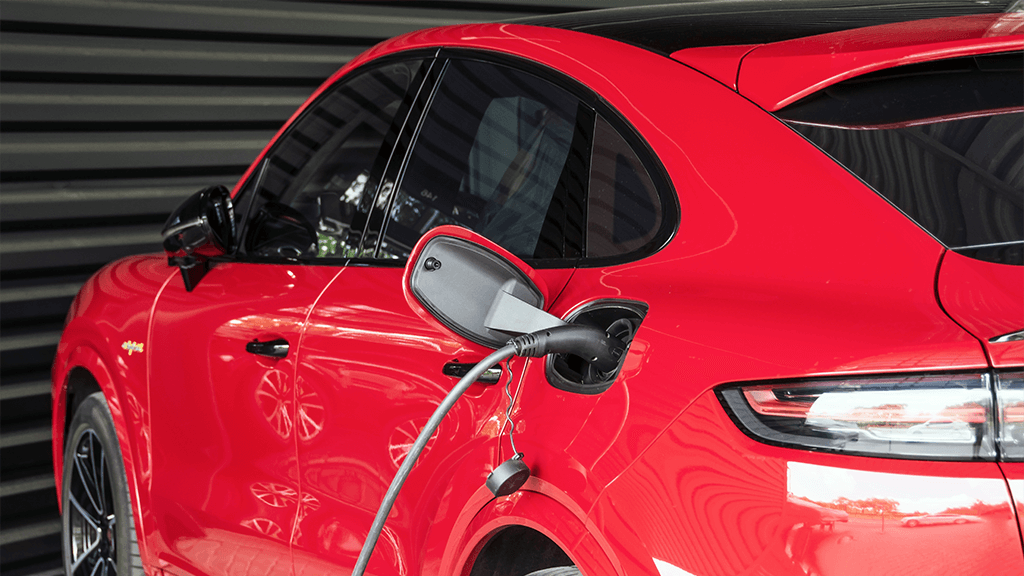
However, that eco-consciousness requires a few adjustments that may affect your lifestyle. Think of charging infrastructure (if you’re going for EVs or plug-in hybrids). Make sure whether you’re fine with limited mileage ranges. We will help you find answers to those questions. Address our earlier blog entries about hybrids for more information.
Depreciation Isn’t Always Bad
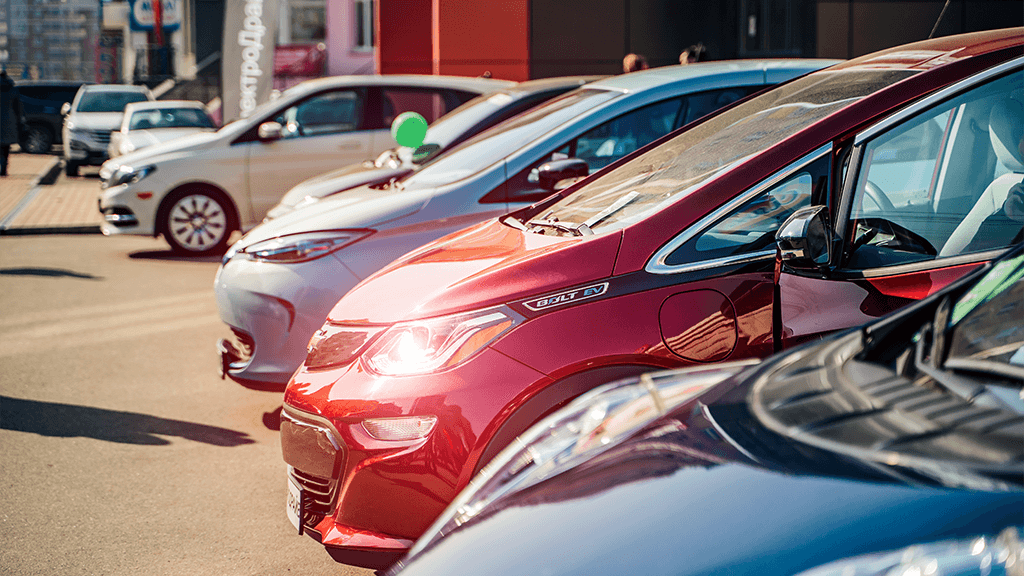
Some older alternatively-powered or hybrid models have already been impacted with depreciation. That means there are thousands of reasonably-priced vehicles with batteries full of life. Though the government incentives and subsidies don’t cover used hybrids and EVs, their affordability makes for their booming demand. Nonetheless, vehicles with more extensive ranges tend to hold their value better.
What To Know Before Buying A Used Hybrid or an EV?
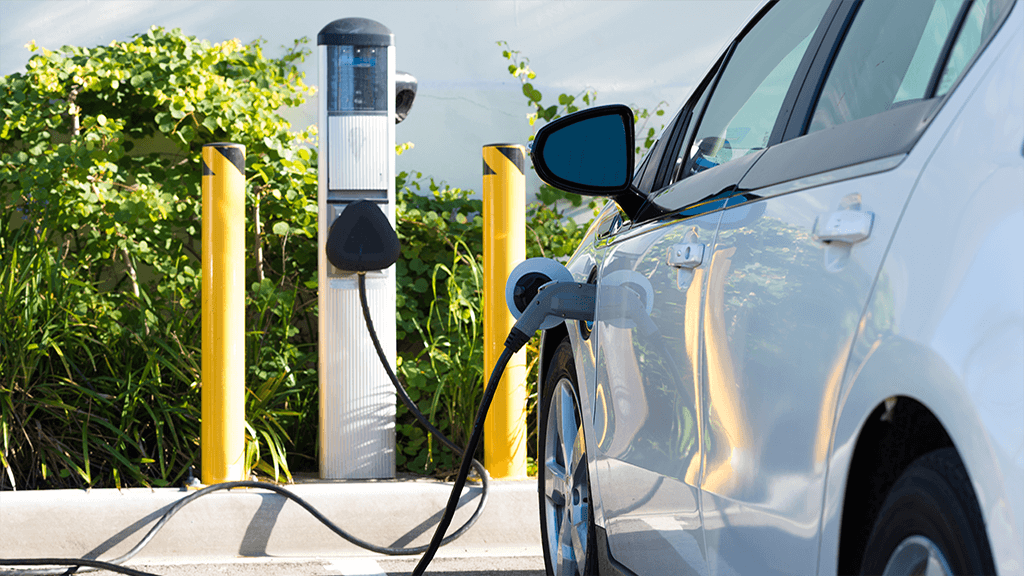
Before plopping down your money for an eco-friendly car, take into account the following factors:
- a vehicle’s maintenance records and service history,
- charging infrastructure in the area where you reside,
- battery life,
- warranty,
- and the age of the chosen vehicle.
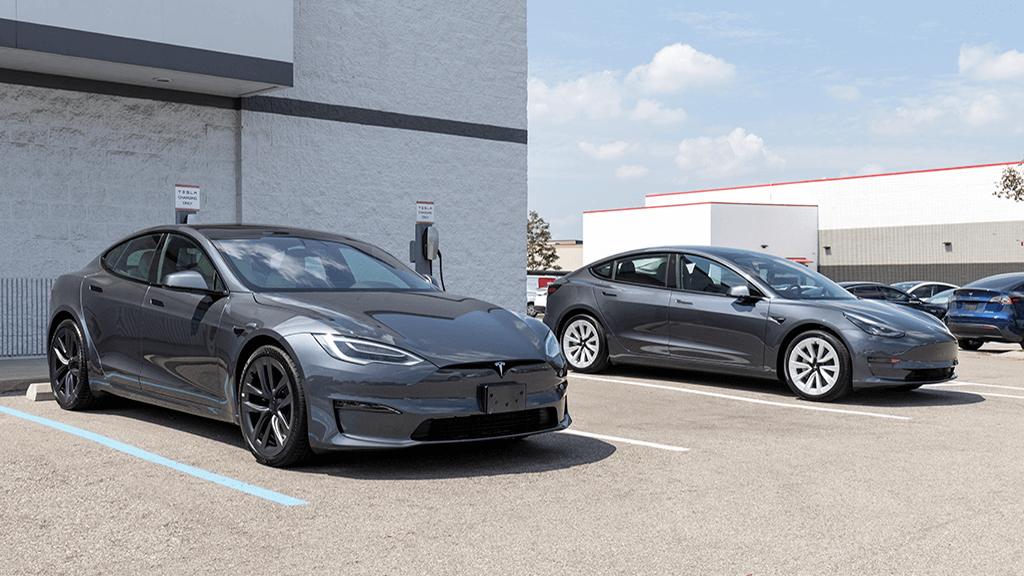
Calculate the total mileage of your regular routes and assess the range an electric vehicle can cover on a single charge. If it can’t, you should look for a hybrid that combines the best of two worlds.
A ClearVIN VIN Check Report will help you obtain the most accurate picture of the past of the vehicle you intend to buy. They collect data from NMVTIS and service stations, so you’ll have concise information about what the car has been through and its maintenance history. Just run a VIN lookup to have peace of mind when buying a used hybrid or an EV.
Why Look At Warranty When Buying A Used Hybrid?
Don’t forget that batteries are usually covered with a separate warranty since manufacturers must follow US government regulations. Most used hybrids and EVs are still under factory warranty. Interestingly, the battery warranty can be transferable to subsequent owners if the amount of miles hasn’t been reached.
Battery Life: Will You Need To Replace It Soon?
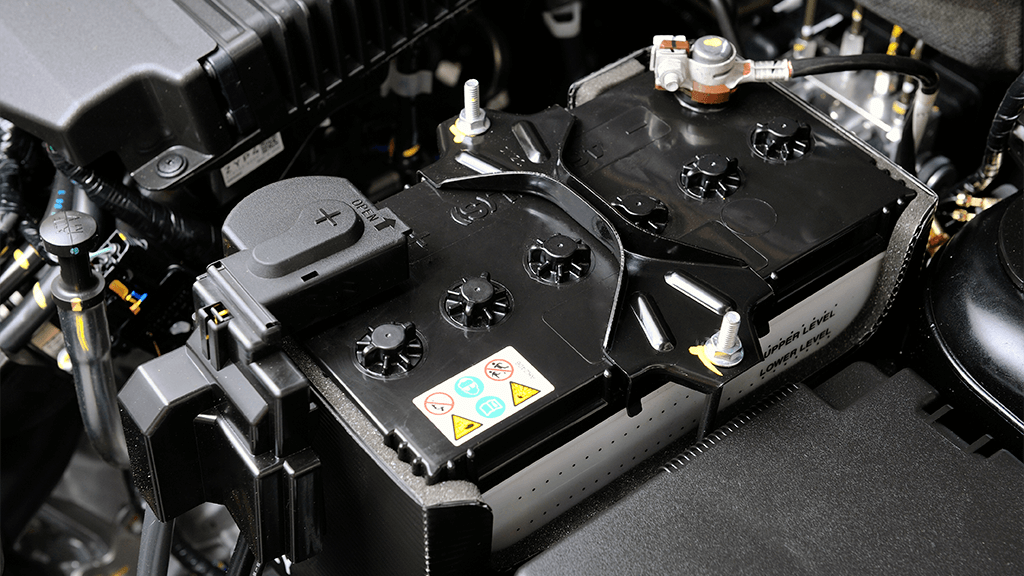
Salvagebid suggests finding a qualified auto mechanic familiar with servicing alternatively-powered vehicles to inspect the battery capacity. Though a replacement can cost a four-digit sum, it will take close to 15 years to deplete a battery’s resources completely. That said, you shouldn’t worry much about it. You’ve got time.
Last Word

Buying a used hybrid or EV isn’t tricky. We think that alternatively-powered motoring will be at its peak in the future because many manufacturers shift towards making more efficient vehicles. Even Ford Motor Company has announced to discontinue gas-powered models soon. When that happens, the market will likely be flooded with affordable and eco-friendly options. You can check our Top-5 of hybrid and electric vehicles we have for sale if you’re going green. We have you covered here at Salvagebid, even if you want alternatively-powered utility vehicles. If they are what you’re in the market for, check out these two lists of our bests: fully electric and hybrid SUVs. Once you’re ready to buy a used hybrid or an EV, we’ll be here to help. Create an account, upload a copy of your government-issued ID, place a security deposit, and choose a membership to get started. We can keep in touch with you at +1 (360) 347-1300 (6:00 AM – 4:00 PM PST, weekdays) if you have any questions or concerns.
